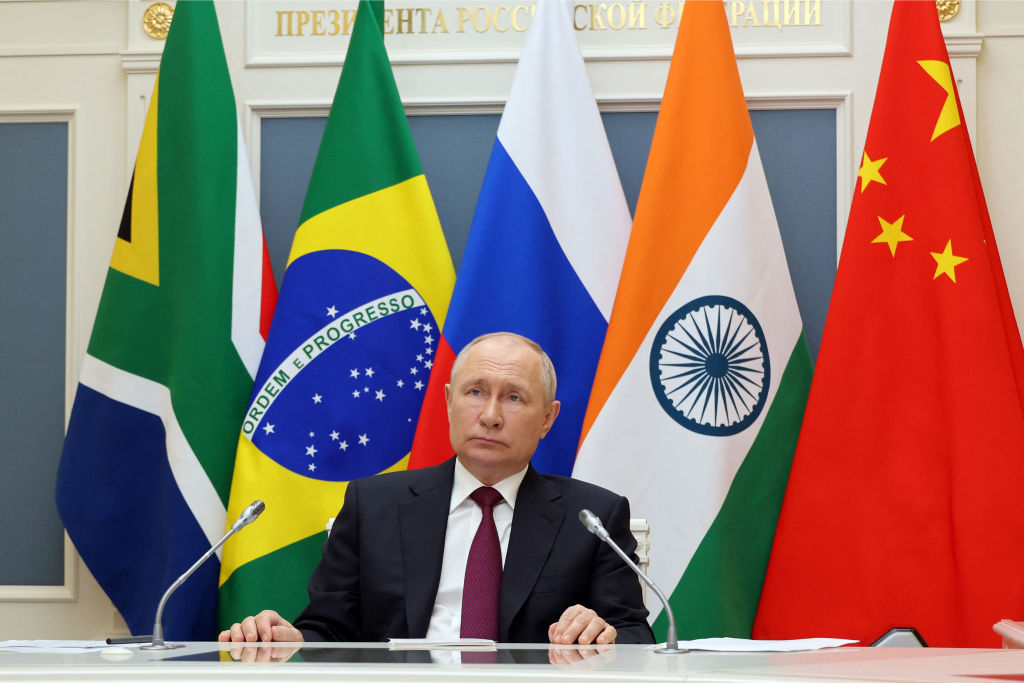This week’s Brics summit in Kazan, Russia, will attract significant attention, but whether it yields any meaningful results is uncertain. The summit will host leaders from 24 countries, along with delegations from a total of 32 nations, marking it as one of the most significant multilateral foreign policy events Russia has organised since the 1945 Yalta Conference. The event is taking place against the backdrop of the ongoing conflict in Ukraine, further highlighting its significance.
Currently, the Brics grouping includes nine member states: Brazil, Russia, India, China, South Africa, Egypt, Iran, Ethiopia, and the UAE. Russian President Vladimir Putin claimed that 34 additional countries are interested in joining the bloc, although initial statements regarding Saudi Arabia becoming the 10th member have since been retracted. It’s unclear whether Saudi Arabia will participate, which may suggest a decline in the group’s overall appeal and influence.
While the summit can enhance Russia’s global standing among a certain crowd, equating Brics to Nato, as some have done, is an exaggeration. The cohesion among the nations stems from their collective commitment to national sovereignty rather than a shared purpose. Instead of transferring power to a supranational body, these countries are likely to reinforce their autonomy. Even the anticipated goal of establishing an alternative payment system to challenge the US dollar reflects a desire to safeguard national sovereignty from external pressures, including from each other. However, as member states of the EU understand, creating a unified currency is impossible without some concessions of sovereignty.
